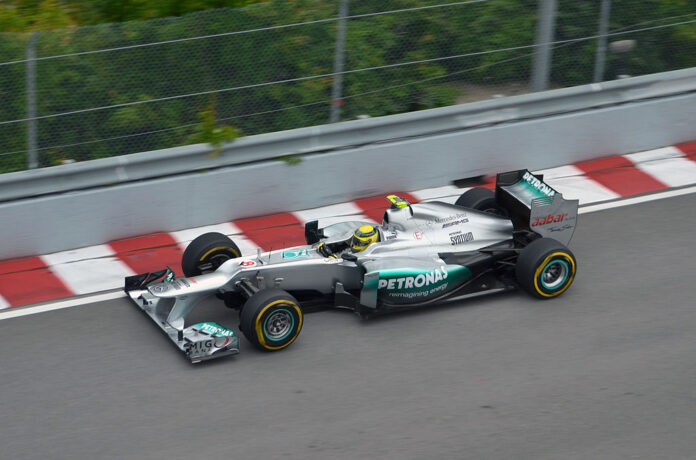Formula 1 moves the Montreal race to late May 2026, aligning it with the Miami Grand Prix to reduce travel emissions and improve calendar efficiency.
In a move aimed at reducing its carbon footprint, Formula 1 has announced that the Canadian Grand Prix will be rescheduled to late May starting in 2026. This date change, which places Montreal’s iconic race right after the Miami Grand Prix, is part of F1’s broader effort to achieve its goal of becoming net-zero by 2030. By grouping these two races closer together on the calendar, F1 hopes to cut down on the need for transatlantic freight, reducing the sport’s carbon emissions and streamlining logistical operations.
The Canadian Grand Prix, held in Montreal since 1978, has traditionally taken place in early June. However, with the introduction of the Miami Grand Prix in 2022, the long gap between these races and the flights needed to transport equipment between North America and Europe were seen as an unnecessary environmental burden. F1 officials, looking to address this issue, believe the new schedule will not only align with their sustainability goals but also offer a more sensible flow to the calendar.
Embed from Getty ImagesFrom 2026 onwards, the Canadian Grand Prix will be held on the third or fourth weekend of May. Formula 1 president Stefano Domenicali expressed strong support for the change, highlighting the positive impact on the sport’s commitment to becoming net-zero. “We applaud the tremendous effort from all involved to accelerate the temporary build of the event, to be ready to host the Formula 1 community earlier than in the past,” said Domenicali. “The change will make the future flow of our calendar not only more sustainable but logistically more sensible for our teams and personnel.”
While the shift marks a major change for the Canadian Grand Prix, it is also part of a wider strategy by Formula 1 to rationalise the race calendar. In recent years, the sport has made several calendar adjustments aimed at improving sustainability. These changes have included moving the Japanese Grand Prix from October to April, aligning it with races in Australia and China, and rearranging events such as Azerbaijan and Qatar to improve the logistical flow.
However, the rescheduling of Montreal’s race has not been without its challenges. Organisers in Canada, whose contract with Formula 1 runs until 2031, had previously been reluctant to change the race date. The late spring timing allowed them to complete necessary track preparations following Montreal’s harsh winter and coincided with the city’s wider celebrations of the arrival of summer.
But the recent takeover by a new promoter has made the change more feasible. Jean-Philippe Paradis, CEO of Montreal’s Octane Racing Group, expressed his support for the move, stating, “This change in the schedule is a major step in our commitment, as well as Formula 1’s, toward a more sustainable future.”
Despite the pushback, there were growing concerns in recent years that Montreal’s event was struggling to keep up with the organisational standards expected by Formula 1. Problems such as traffic management and outdated facilities had prompted F1 to demand improvements. With the date change, organisers will now have a better opportunity to address these issues ahead of the race.
The shift in scheduling follows F1’s broader vision of reshaping the calendar to ensure that each event is aligned with its sustainability targets. The adjustments aim to create a more efficient global racing calendar that reduces environmental impact while maintaining the excitement of the sport. With the new May timing, the Canadian Grand Prix will sit comfortably between Miami and European events, reducing unnecessary travel and supporting Formula 1’s pledge to cut down on emissions.
This date change represents a clear commitment from both F1 and the Canadian organisers to move the sport into a more sustainable future. While the decision has not been easy for everyone involved, it aligns with a growing global trend towards eco-consciousness and logistical efficiency within major international sports.
As Formula 1 continues to evolve its calendar, the Canadian Grand Prix’s new timing will serve as a key milestone in the sport’s ambitious sustainability journey, proving that even traditional events can adapt for a greener, more efficient future.
